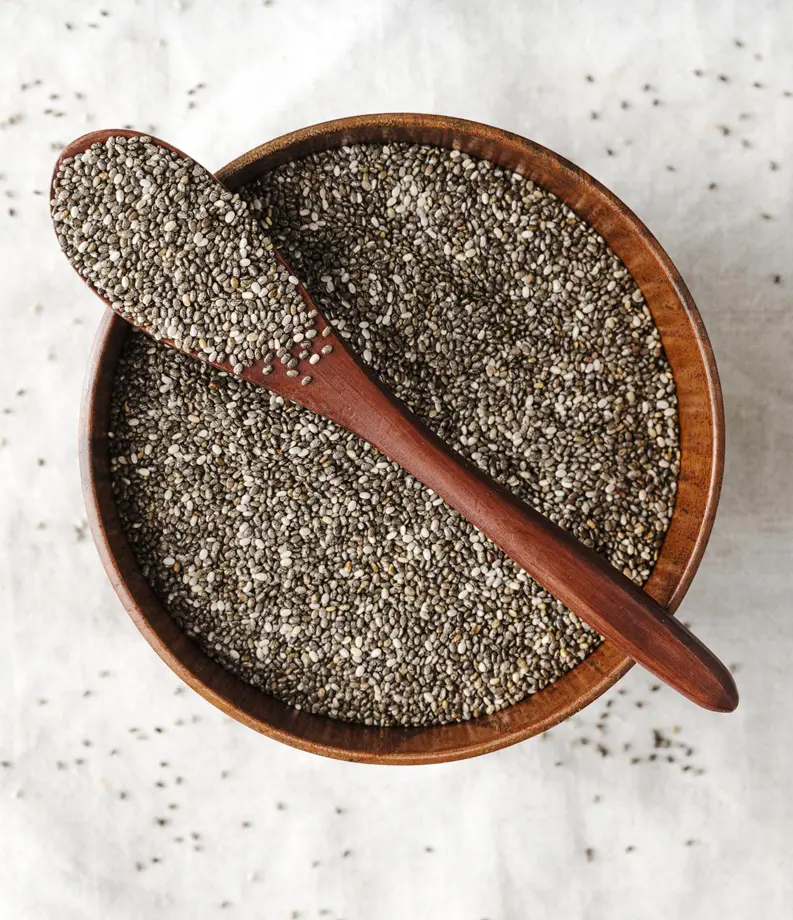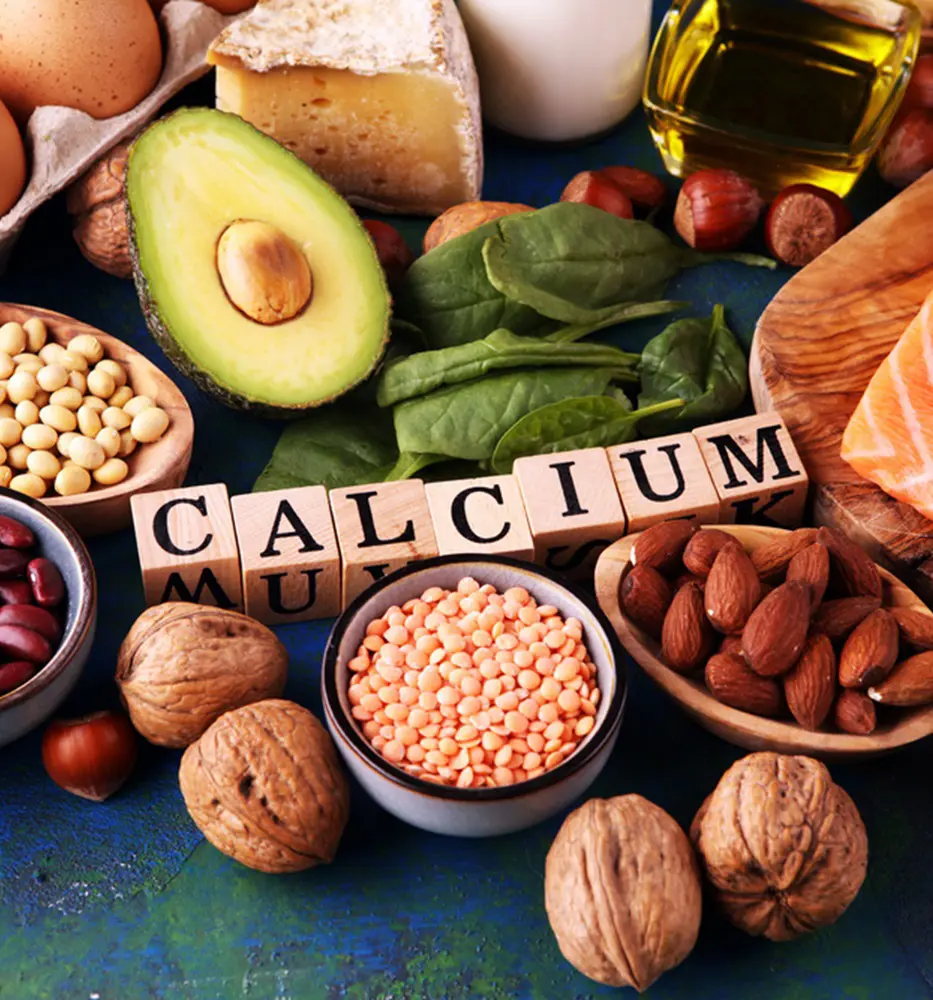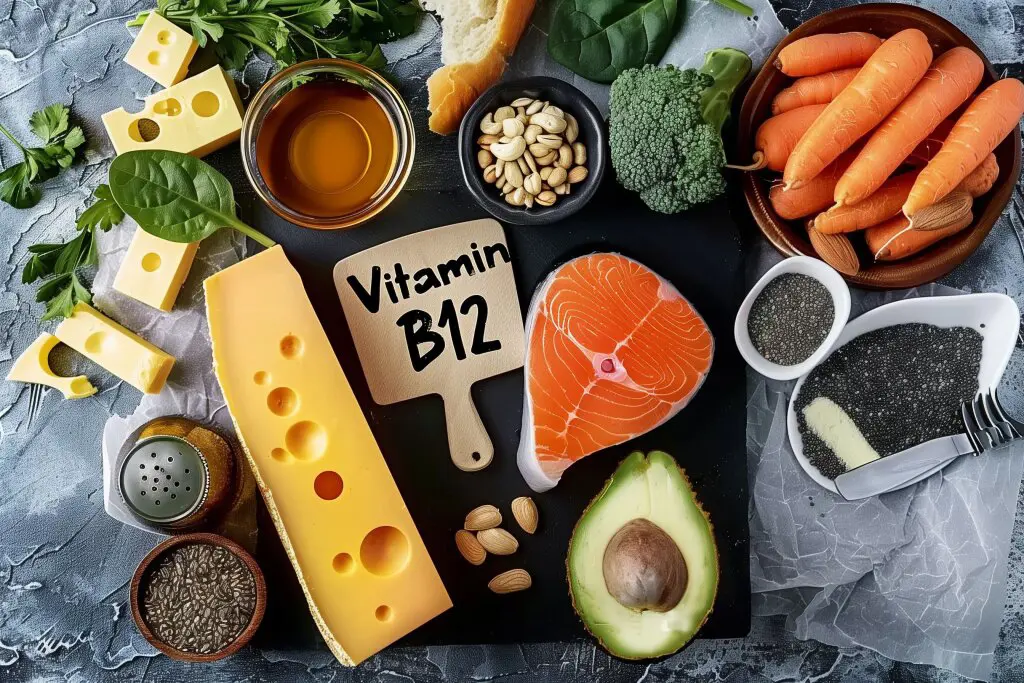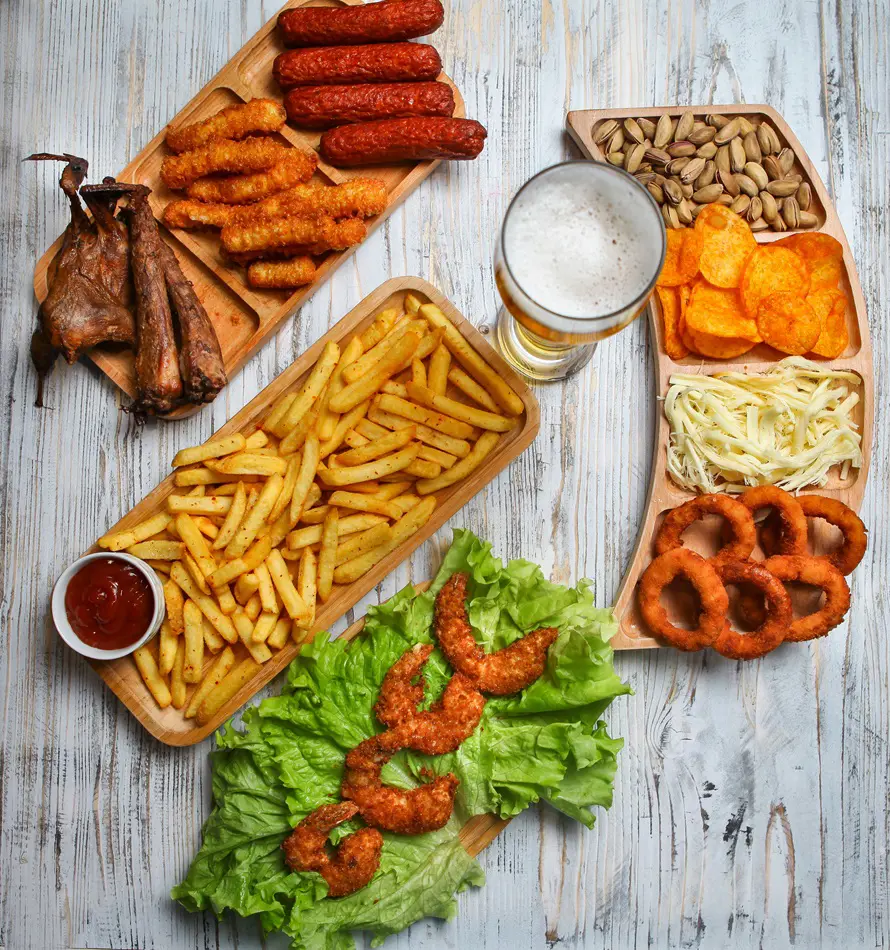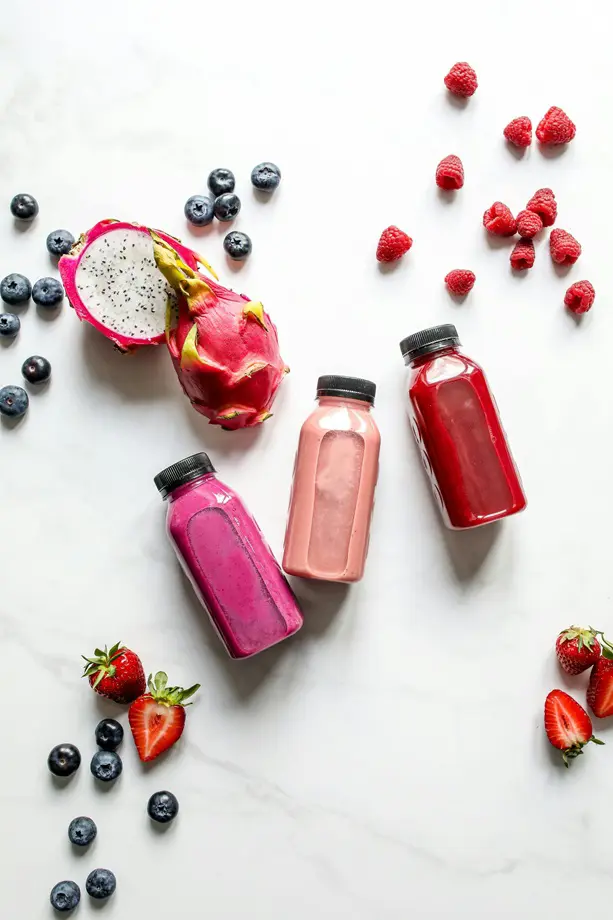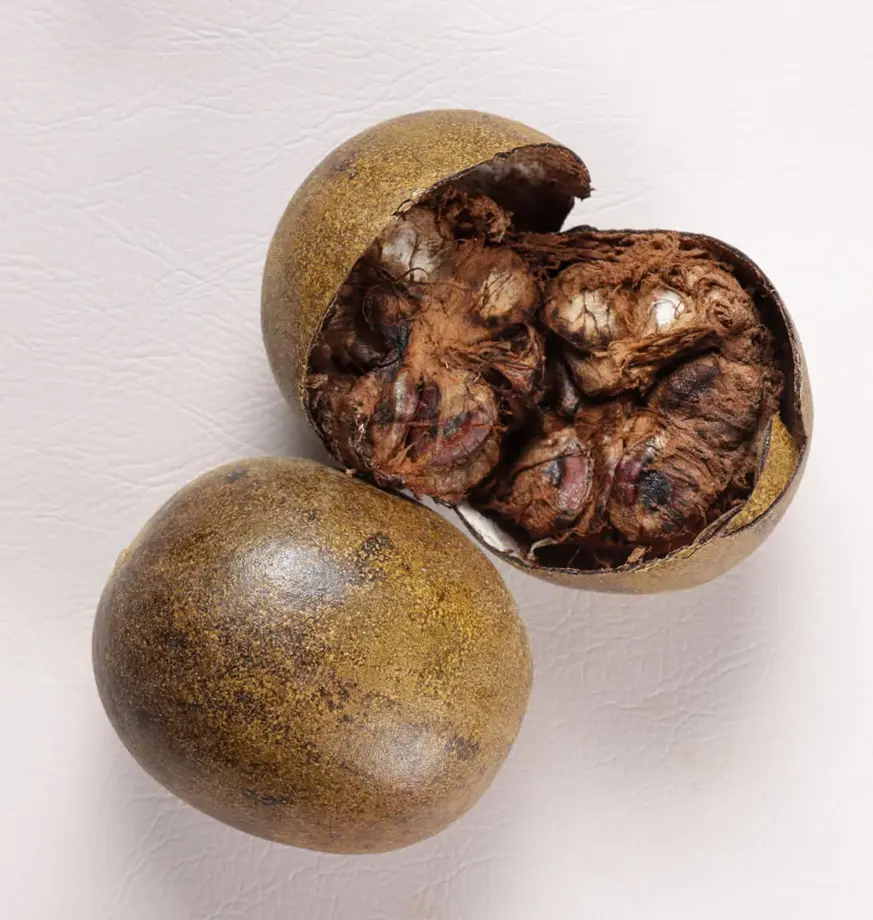20 Best Foods To Improve Your Gut Health
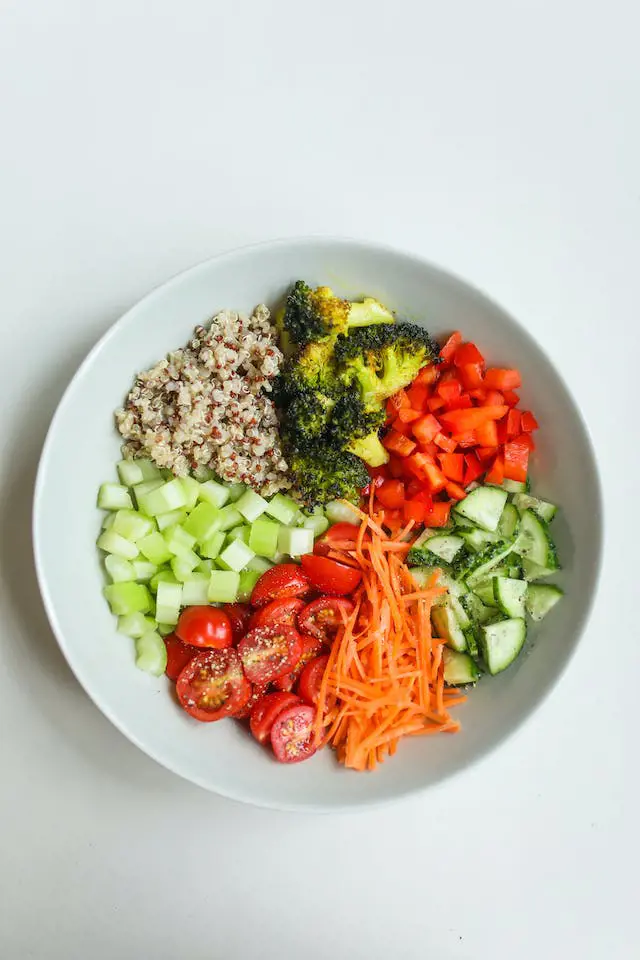
This post may contain affiliate links. If you make a purchase through links on our site, we may earn a commission.
Since 70% of the immune system resides in the gut of human beings, it is essential to maintain a healthy gut. The smallest of the things disrupt our gut bacteria as our gut microbiome begins to develop in the womb itself.
A healthy gut helps in digestion, and the good bacteria in the gut keep us healthy by producing vitamins, supporting the immune system, and eradicating harmful bacteria. There are multiple factors that affect the gut microbiome throughout life. Among them, the diet we follow is one of them. So, following are 20 foods that are good for your gut health:
1. Fruits
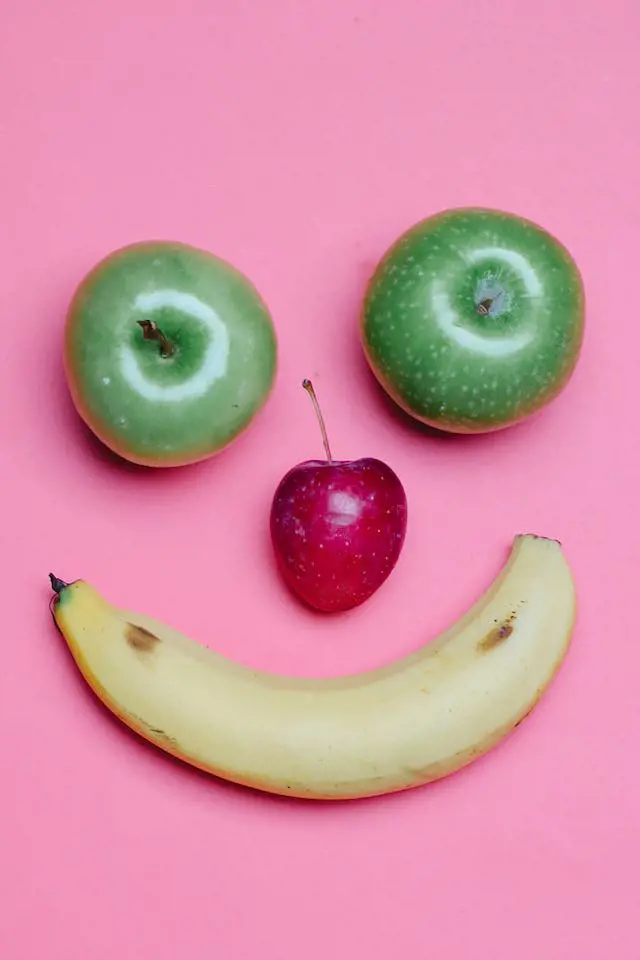
Having fruits is always a good thing for the health. It provides various nutrients essential to the body, one of them being fiber. Because fiber is an essential thing to maintain a healthy gut, fruits high in fiber are to be consumed for gut health.
Fruits such as bananas and apples are high in fiber. Bananas have a moderate amount of inulin which the gut bacteria thrive on. Similarly, apples are fiber-rich fruit that produces butyrate which feeds the gut bacteria.
2. Yogurt

Yogurt is the best source of gut-friendly bacteria, also known as probiotics. Consuming yogurt helps in maintaining a healthy gut. You can make the yogurt at home or get it easily from the market. Do look out for the full-fat versions of yogurt.
You can have yogurt in the breakfast by adding your desired fruits. The probiotic cultures in yogurt strengthen the digestive tract. Moreover, Greek yogurt contains Lactobacillus which increases the good bacteria in the gut.
3. Olive Oil
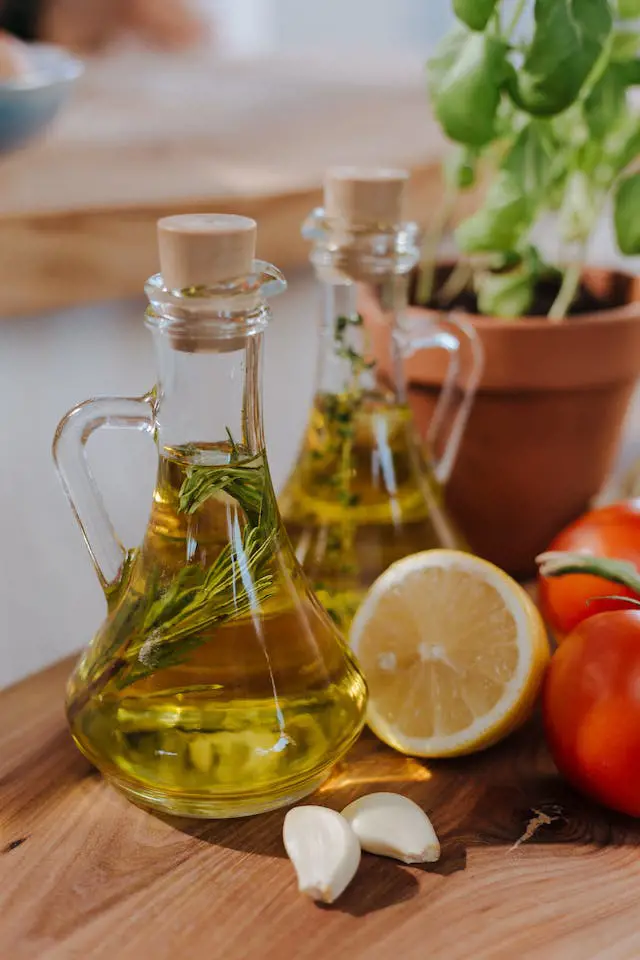
Gut microbiomes favor the diet of fatty acids and polyphenols and olive oil is rich in both of them. Bifidobacteria, a beneficial bacteria increases in the gut with the polyphenols in olive oil. This increases the feeling of fullness resulting in positive effects on cholesterol and reduced chances of obesity.
As per the studies, olive oil helps reduce inflammation everywhere in the body including gut inflammation. Olive oil can be used in dressing salads, drizzled on cooked vegetables, etc. Olive oil aids in easing indigestion issues as well.
4. Garlic
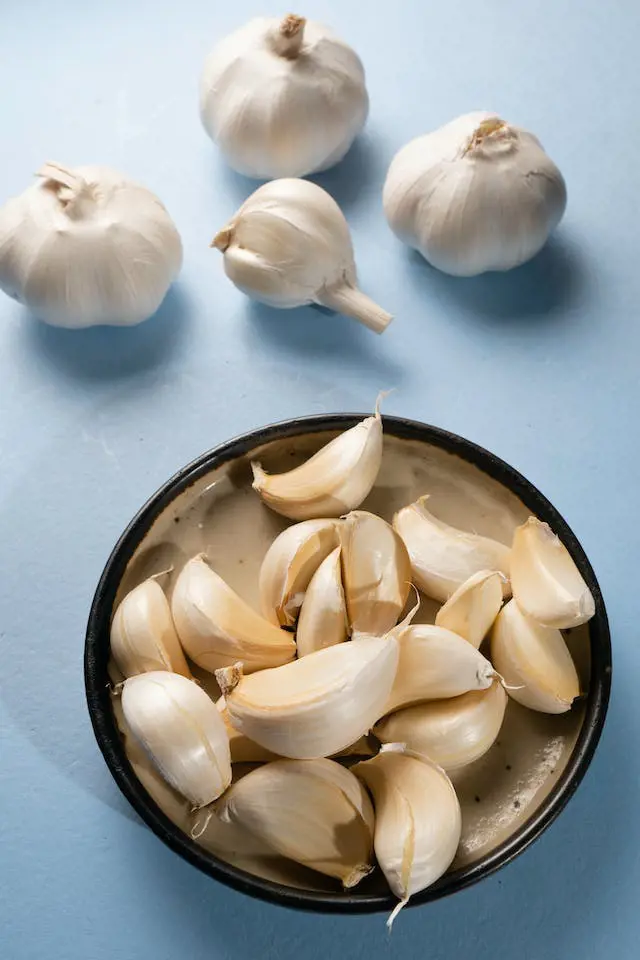
Used as a flavoring in savory dishes, garlic is a super tasty prebiotic. It feeds the healthy bacteria present in our gut. It has antibacterial and antifungal properties that help to keep the bad gut bacteria under control.
The antibacterial and antifungal properties in garlic act as a fuel that allows bacteria to perform their job better. Garlic when eaten raw gives the maximum health benefits. It improves gut functions and even can help heal the gut.
5. Almonds

Almonds are full of fatty acids and polyphenols. They are also high in fiber. These probiotic properties in almonds are a good treat for healthy gut bacteria. The presence of fatty acid in almonds increases the feeling of fullness too. This saves you from overeating, eventually leading to weight management.
Whether you are at work, walking on the road, or traveling, you can munch on almonds easily and feed in good gut bacteria. Almonds can be consumed in various ways. One can have them on the morning cereals, munch as snacks, use in cooking savory dishes, and many more.
6. Kimchi

A Korean fermented food, Kimchi is gaining popularity worldwide. Kimchi is a specialty of fermented vegetables that has the benefits of probiotic bacteria. The food is full of vitamins and fiber too.
Kimchi has lactic acid bacteria important for gut health. This probiotic food helps boost the number of beneficial bacteria in the body. The beneficial bacteria in the body aid digestion.
7. Miso
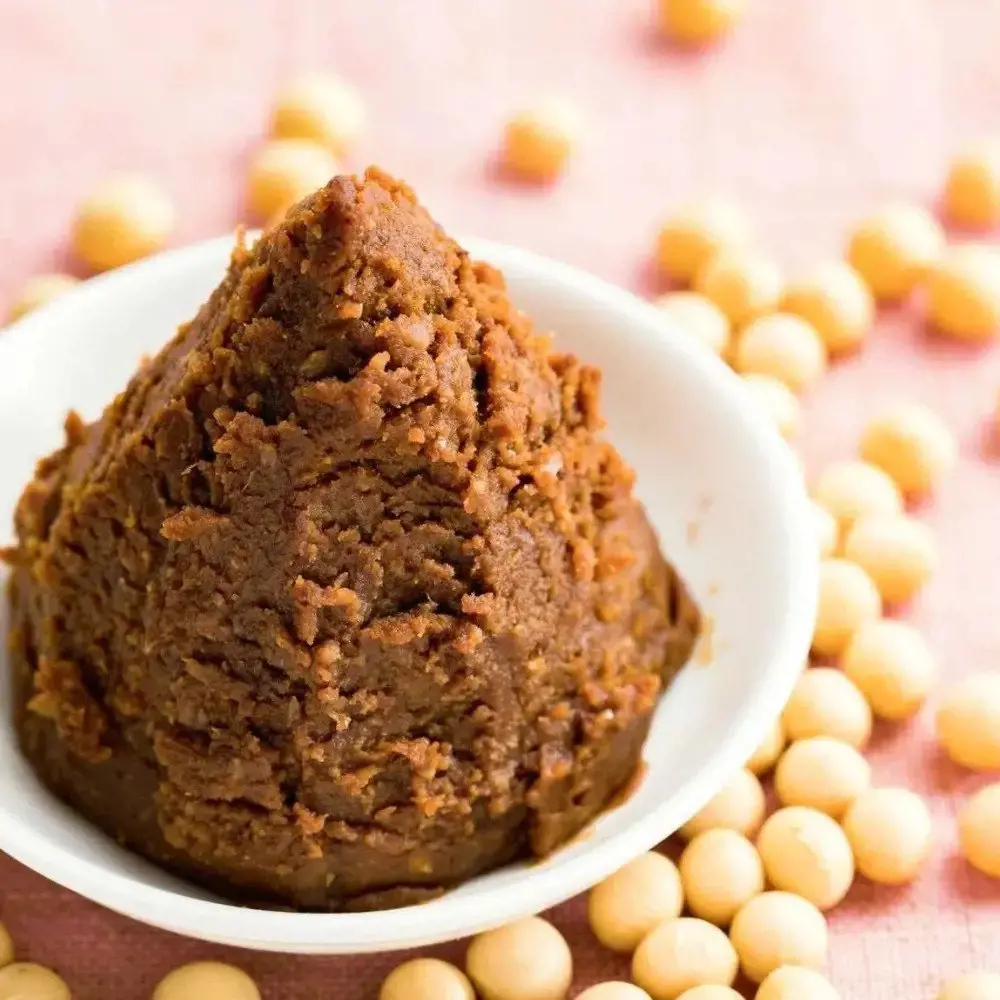
The fermented food feeds good bacteria in the gut. Miso is made from fermented soya beans with salt, barley, or rice. Miso soup contains a probiotic that minimizes the risk of inflammatory bowel disease. It also prevents other problems with the digestive system.
This savory paste is used as dips, in dressings and soup too. Moreover, it can be used in marination for salmon and tofu. Miso is a staple in Japanese kitchens.
8. Kefir

Kefir is a yogurt drink made by fermenting the milk. Being a fermented product, kefir comes with a population of good bacteria too. It is a strong probiotic with multiple strains of good bacteria. Traditionally, kefir was used to alleviate digestive issues.
It helps to keep a balanced bowel system leading to a happy and healthy life. It can be used as a base for salad dressing and also makes a great addition to soups and smoothies.
9. Kombucha
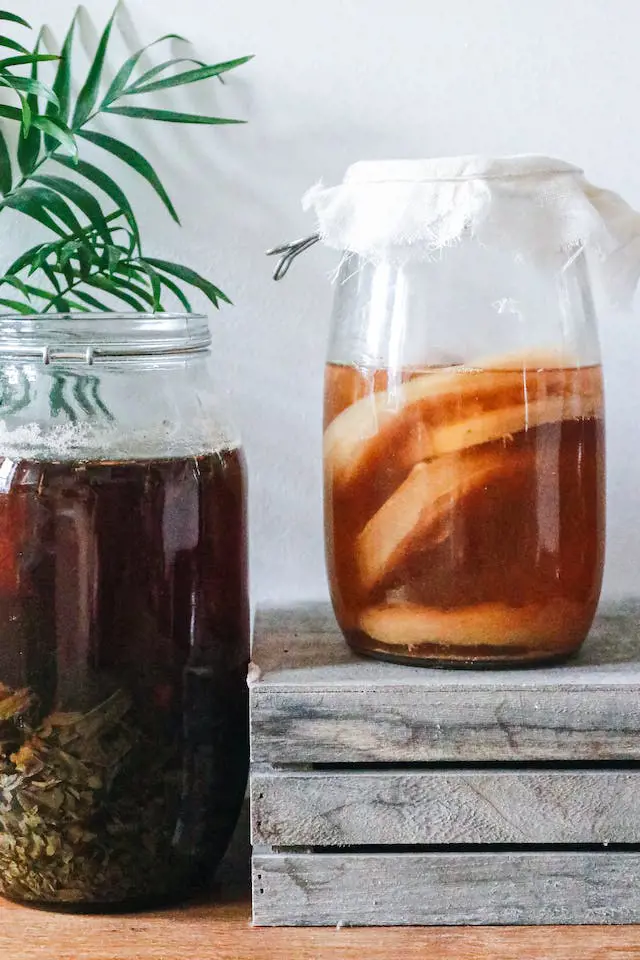
Water is a crucial thing one needs for a healthy gut. But what else than water? You can drink on Kombucha.
Kombucha is a fermented tea drink full of probiotic bacteria. It includes live cultures of bacteria that help to increase the gut bacteria diversity. As it is fermented, it has a sharp, vinegary taste. Kombucha is consumed as a refreshing drink on its own. However, if you want some sweetness in the drink, you can have it with fruit too. Moreover, kombucha acts as a great base for cocktails.
10. Asparagus

Asparagus is a healthy addition to any diet. You can consume it in various ways and reap the benefits. Out of numerous benefits, supporting a healthy gut is one of them. A powerhouse of nutrients, asparagus is a fibrous vegetable. The fiber available in the vegetable has an important role to play in digestion. Asparagus has insoluble dietary fiber that acts as a prebiotic, feeding important gut bacteria.
Similarly, the soluble fiber content in asparagus helps remove bad cholesterol from our system. Prebiotics in asparagus act as a fuel for specific bacteria in the gut, promoting the creation of good bacteria.
11. Peas
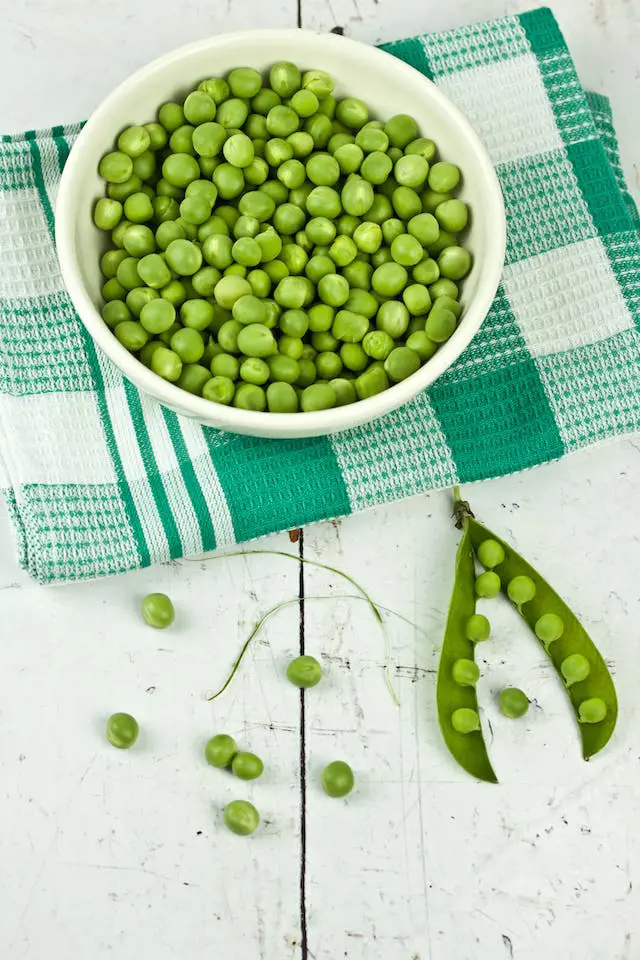
For a healthy gut, feeding on fiber is essential. Higher the consumption of fruits and vegetables, higher the fiber intake and benefits to the health. Peas are also a great source of fiber.
With both the soluble and insoluble fiber content in peas, it is a great food to feed the gut bacteria. The fiber content helps to keep the gut system in balance. It helps move food through the gut for easy digestion. However, excess consumption may cause gas. Hence, it is beneficial to the body when consumed in an adequate manner.
12. Brussels Sprouts

Cute miniature cabbage-like vegetables, Brussels sprouts come with numerous health benefits. It has the fiber that good bacteria like. Along with that, Brussels sprouts have sulfur compounds that help fight unhealthy bacteria.
Brussels sprouts also reduce the chances of colorectal cancer. Consumption of Brussels sprouts improves gut bacteria mood, and immunity, and aids with anti-inflammation properties. This helps proper digestion and makes it easier to remove waste from the body.
13. Fermented Pickles
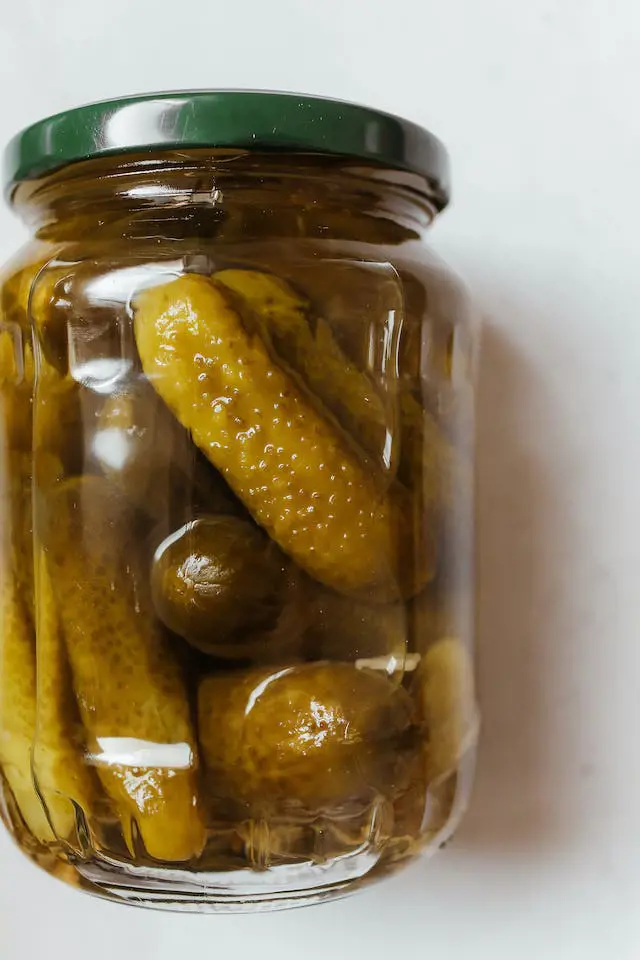
Anything that's fermented is good for gut health. Pickled cucumbers are left to ferment and this strengthens the lactic acid bacteria. Consumption of fermented cucumber pickle feeds in good bacteria that support digestive health.
Not just for gut health, pickles (fermented not vinegared) are good for tastebuds too. So, while feeding the good bacteria, you are treating your tastebuds too. This probiotic superfood supports the health of the gastrointestinal microbiome.
14. Fatty Fish

The protein derived from fatty fish is essential for the growth and survival of bacteria in our digestive health. Fatty fish including salmon, mackerel, and tuna are great sources of vitamin D. The vitamin has a fascinating role to play in maintaining a healthy gut.
Fatty fishes are jam-packed with Omega-3s such as Eicosapentaenoic acid and Docosahexaenoic acid. These Omega-3s increase the bacteria in the gut. These bacteria produce anti-inflammatory chemicals. These anti-inflammatory chemicals known as short-chain fatty acids in the gut are essential for many body processes.
15. Cheese
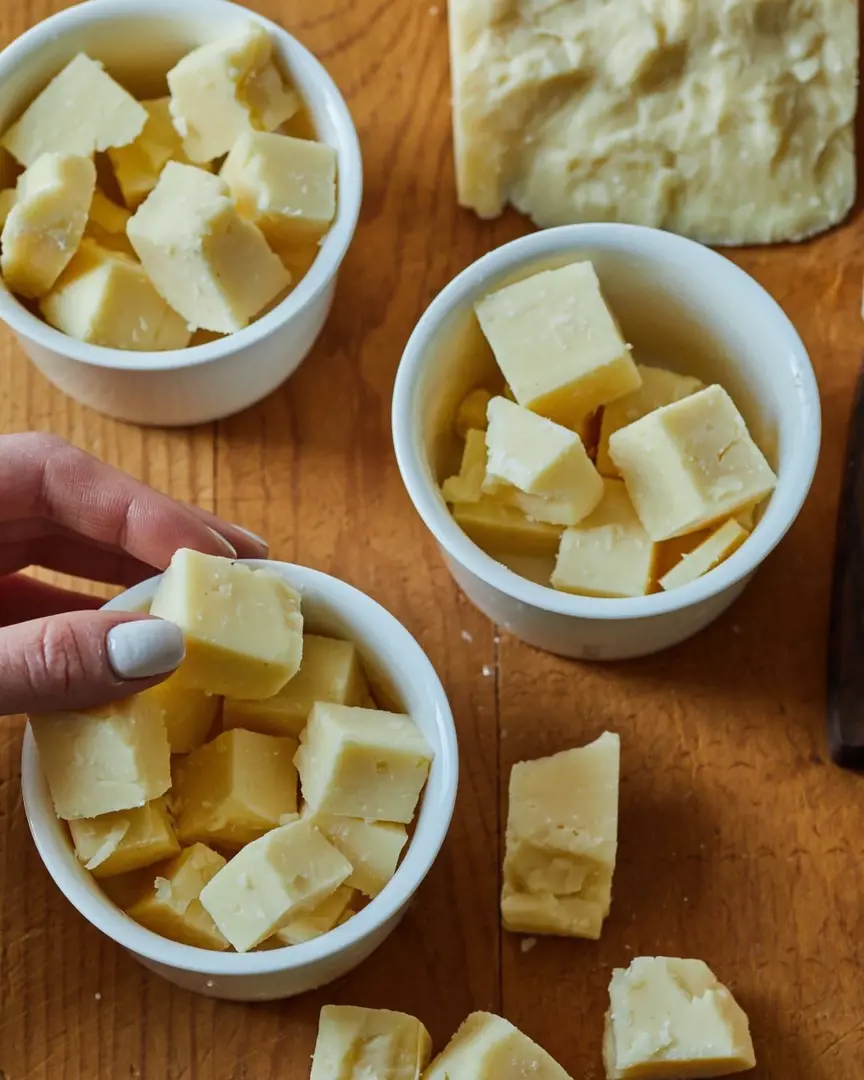
A staple in every American home, cheese helps you strengthen your gut health. Not all but some aged cheeses like cheddar, mozzarella, and cottage cheese are beneficial to gut health. If any of these different types of cheeses are part of your diet, you are doing your gut health a very great favor.
The bacteria in the mentioned cheese stay active during the aging process. Raw, unpasteurized cheeses are high in probiotics essential to feed the good bacteria in the gut. However, if you are pregnant, it is best to avoid these cheeses until your angel arrives. While we add on cheese to enhance the taste, be mindful of the quantity being consumed. It is best to have them in moderation since most cheeses are high in calories and saturated fat.
16. Dark Chocolate
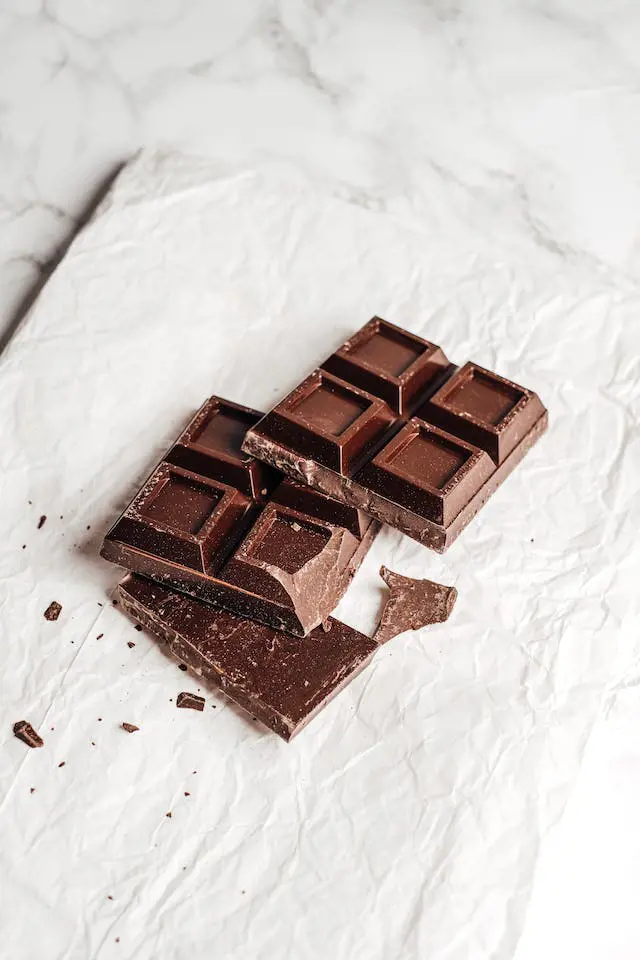
The best news for dark chocolate lovers! Yes, it helps strengthen gut health. If you love dark chocolates, continue consuming them and help your gut health.
Antioxidants such as flavonoids and polyphenols are present in cocoa powder. Cocoa powder is one of the main ingredients in the making of dark chocolates. Hence, have dark chocolate in moderation and improve your gut health. Dark chocolates are good for heart health too. Highly fibrous dark chocolate is a great source of prebiotics.
17. Spices

Not all but a few cooking spices such as turmeric are beneficial for gut health. They have anti-inflammatory properties. On top of being an anti-inflammatory agent, turmeric also hinders the disease-causing bacteria. By doing so, it protects the wall of the intestine.
Turmeric even has antioxidants that contribute to healthy digestion. It does so by soothing the digestive tract. Apart from turmeric, ginger is also beneficial to the gut health. Ginger has been traditionally used as a medicine to aid digestion. It does so by releasing digestive enzymes and reducing nausea.
18. Flax Seeds
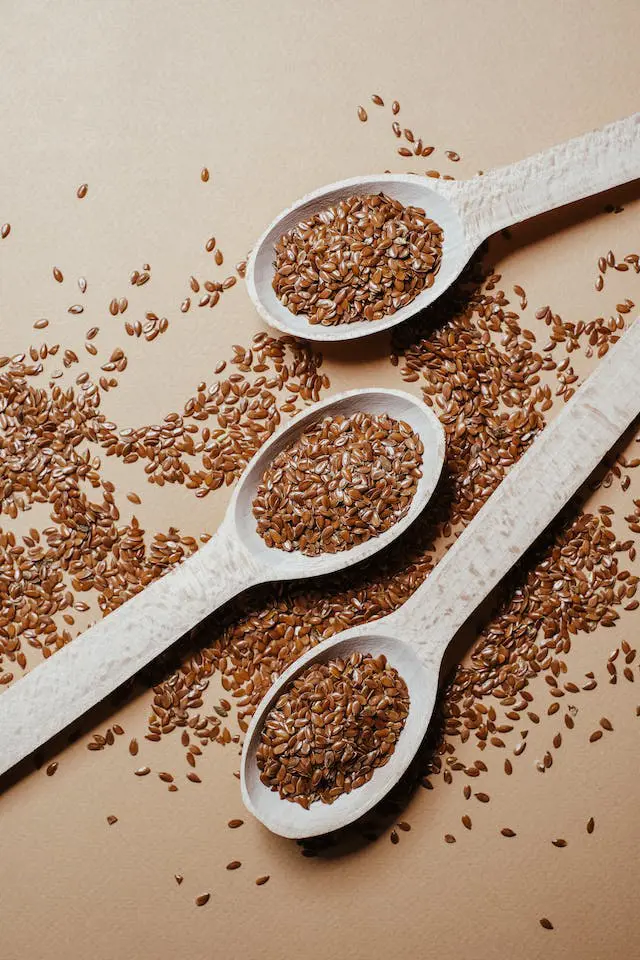
We are well aware of the fact that fiber is an essential component of a healthy gut. And, flax seeds are high in fiber content. Flax seeds have probiotics that the good bacteria in our gut health seek that provide several health benefits.
The fiber content in the flax seeds makes it a natural laxative that helps relieve constipation. Take flax seeds in their milled form and reap the benefits for digestive health. So, to reap the nutritional benefits, it is better to consume flax seeds in their milled form.
19. Seaweed

Seaweed contains a range of minerals essential to the body and is easy to break down. Consumption of seaweed aids in digestive and heart health, weight loss, and many other functions.
Seaweeds are highly fibrous food. The fiber content helps feed the gut's bacteria. Along with the fiber content, seaweed has prebiotics such as agars, carrageenans, etc. These non-digestible fibers feed the healthy bacteria in the digestive tract. Sugar content in seaweed aids in the growth of good bacteria and short-term fatty acids.
20. Sourdough Bread

Sourdough bread is healthy bread made by fermenting the dough. It has gained popularity in the present days as it's gut-friendly. While the regular bread is hard to digest, the sourdough breads are more digestible making it a gut-friendly food.
Moreover, the bread releases the energy slowly, keeping you active all day. These breads make fantastic toasts too. As the dough is fermented, the lactic acid content in bread is higher. For more gut health benefits, look for sourdough bread made of whole grains as they are higher in fiber.
Recent posts
Nutrition
Nutrition
16 Benefits Of Coriander That Will Surprise You
Abundant in nutrients and antioxidants, coriander is an annual herb with a characteristic aroma that is extensively used around the world. Both coriander leaves (also called cilantro) and seeds are used in various cuisines around the world. Known fo...
Nutrition
Chia Seeds Benefits: 15 Reasons To Eat These Tiny Seeds
Chia seeds are tiny edible seeds obtained from the plant known as "Salvia hispanica", belonging to the mint family. Oval, gray, and filled with black and white spots, these small seeds are highly valued for their abundant nutrients and health be...
Nutrition
How Much Calcium Is Actually Needed?
Calcium is a mineral associated with bones, muscles and the nervous system in the body. Current dietary guidelines suggest different Recommended Dietary Allowances(RDAs) for adult males and females, with 1000mg being optimal for males and 1200mg for...
Nutrition
B12 Vitamin Food Sources: A Comprehensive Guide
Vitamin B12, an essential nutrient, plays a crucial role in various bodily functions, including red blood cell production, nerve function, and DNA synthesis. While animal-based foods are the primary sources of B12, certain fortified plant-based foods...
Nutrition
What Foods Are High In Cholesterol? 20 Foods To Avoid
Animal products like meat, eggs, milk, and cheese are sources of dietary cholesterol, unlike plant-based foods. For those aiming to lower their cholesterol intake, it's essential to be mindful of animal-based food choices. While some high-cholesterol...
Nutrition
18 Fat Burning Smoothies For Weight Loss
The weight loss journey is tough if you have to get on the same path day after day, facing cravings and temptations along the way. We suggest you stop making it a monotonous struggle and make it a flavorful adventure instead. One of the easiest and m...

